Despite DOGE’s best efforts, government spending has risen more than 6% over Trump’s first 100 days
Despite Elon Musk's DOGE promising trillions of dollars in savings, federal spending is still climbing.

- Federal spending is surging despite DOGE’s aggressive cuts, climbing 6% year-over-year in Trump’s first months. Meanwhile, the true cost of layoffs, legal fights, and rehiring may be costing the taxpayers more than the cuts themselves.
Despite Elon Musk's DOGE promising trillions of dollars in savings, federal spending is still climbing.
The cost-cutting team has ripped through the government, shuttering agencies, laying off workers, and canceling billions of dollars worth of contracts. According to DOGE’s official website, the department, which is unofficially headed by billionaire Musk, has saved the government approximately $160 billion.
However, those reported savings have yet to produce much meaningful reduction in overall government spending this year, according to the nonpartisan Penn Wharton Budget Model, which monitors weekly Treasury data.
Instead, the model shows government spending is up year-over-year in the four months since Donald Trump became president. Total outlays climbed 6.3% (about $156 billion) since Trump took office compared with the first four months of 2024, the report found. Even after adjusting for inflation, the federal government has recorded an additional $81.2 billion in spending over the same period, model director Kent Smetters told Politico.
A DOGE spokesperson did not immediately respond to Fortune’s request for comment, made outside normal working hours.
DOGE’s cuts may cost more than they save
Musk, who served as an unpaid “special government employee” advising DOGE, has already said he plans to vacate the White House and will likely step down in late May. During his tenure, he became the face of DOGE and spearheaded much of the team’s aggressive cuts to the federal workforce.
However, critics argue Musk’s cuts may have generated more waste than they’ve eliminated. Much of DOGE's main savings have been made by dramatically slashing the headcount in the federal workforce.
About 250,000 federal employees have either departed or are slated to depart their jobs. That tally includes over 112,000 who enrolled in the deferred-resignation program, per a Politico review of earlier reports and administration sources, as well as roughly 121,000 agency staffers who have been terminated, according to a CNN analysis.
This mass exodus of federal workers may reduce salary obligations, but it also threatens the government’s capacity to perform critical work, including collecting revenue from tax audits.
The Partnership for Public Service estimates that DOGE’s actions may be costing taxpayers around $135 billion. With the federal workforce of 2.3 million drawing $270 billion in annual payroll, Max Stier, chief executive of the nonprofit, argues that the combined expense of firing and rehiring employees, placing them on paid leave, and the resulting productivity losses amounts to roughly half that payroll total.
“We do need to have our government work better, but the approaches that have been adopted so far are taking us in the exact wrong direction,” Stier previously told Fortune.
“The end result will be that the American public will be holding the bag as Elon Musk goes back to his private enterprises," he said.
DOGE’s uncertain savings
DOGE’s savings claims have also come under scrutiny. The team’s figures have consistently included inaccuracies and inflated numbers, stoking criticism for the team's chaotic approach and lack of government expertise.
The team publishes part of their savings publicly via their website’s “Wall of Receipts,” which lists some canceled contracts, grants, and real estate. However, DOGE says the receipts provided on the website only represent approximately 30% of the full savings, making the top-line figure unverifiable.
Even the selected savings provided by DOGE for public review have been unreliable. For example, the team removed several contracts from its receipt wall after media investigations cast doubt on their validity. In one instance, DOGE downgraded its biggest contract from $8 billion to $8 million when the vendor clarified that the $8 billion figure was likely a clerical mistake.
This story was originally featured on Fortune.com










































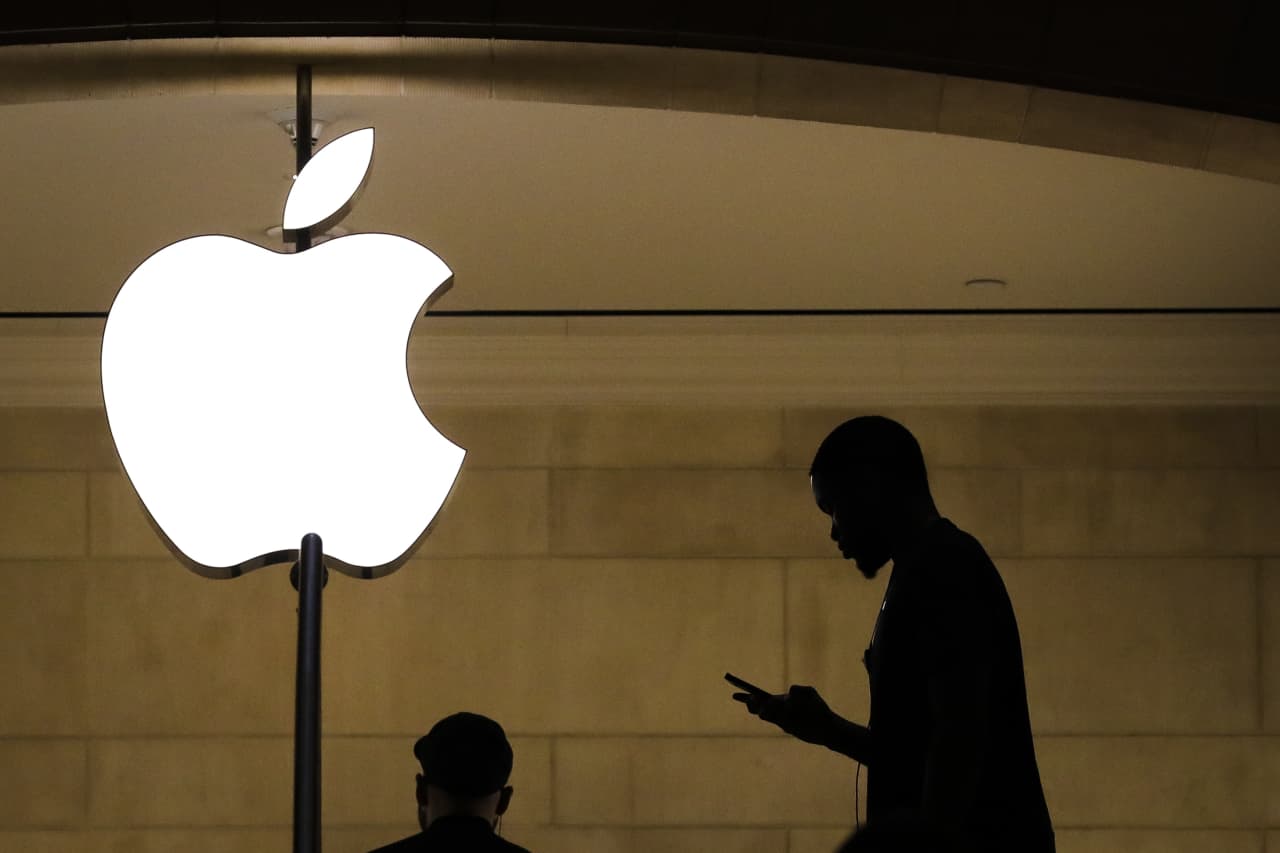

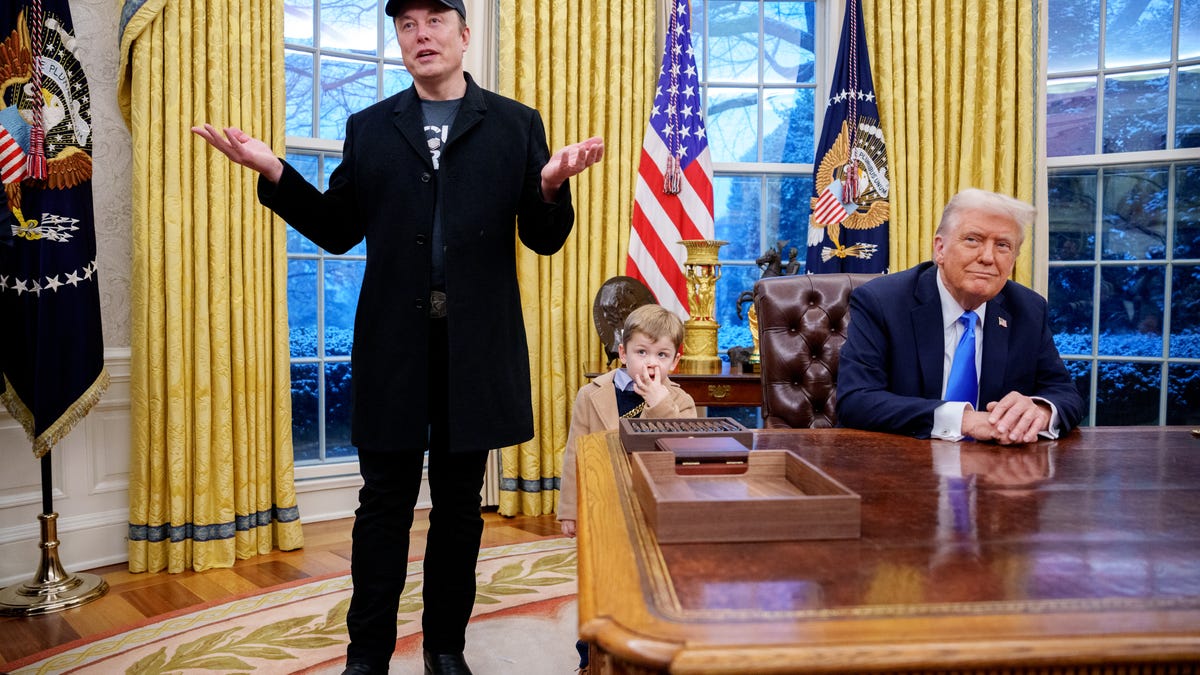

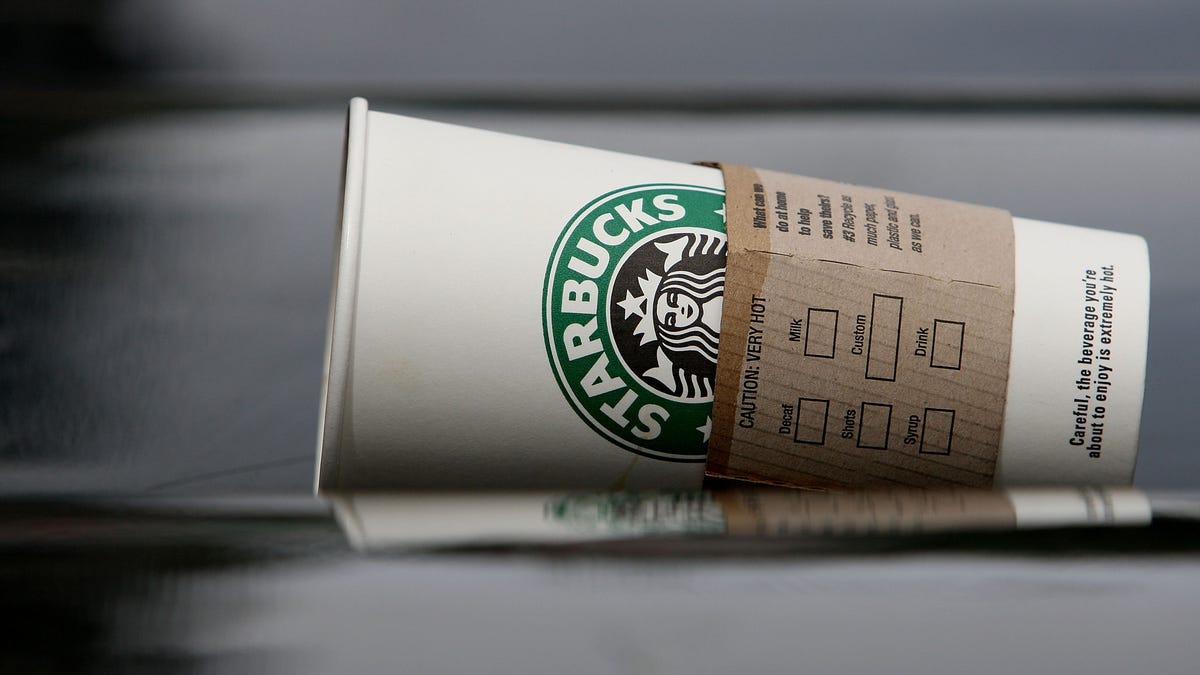






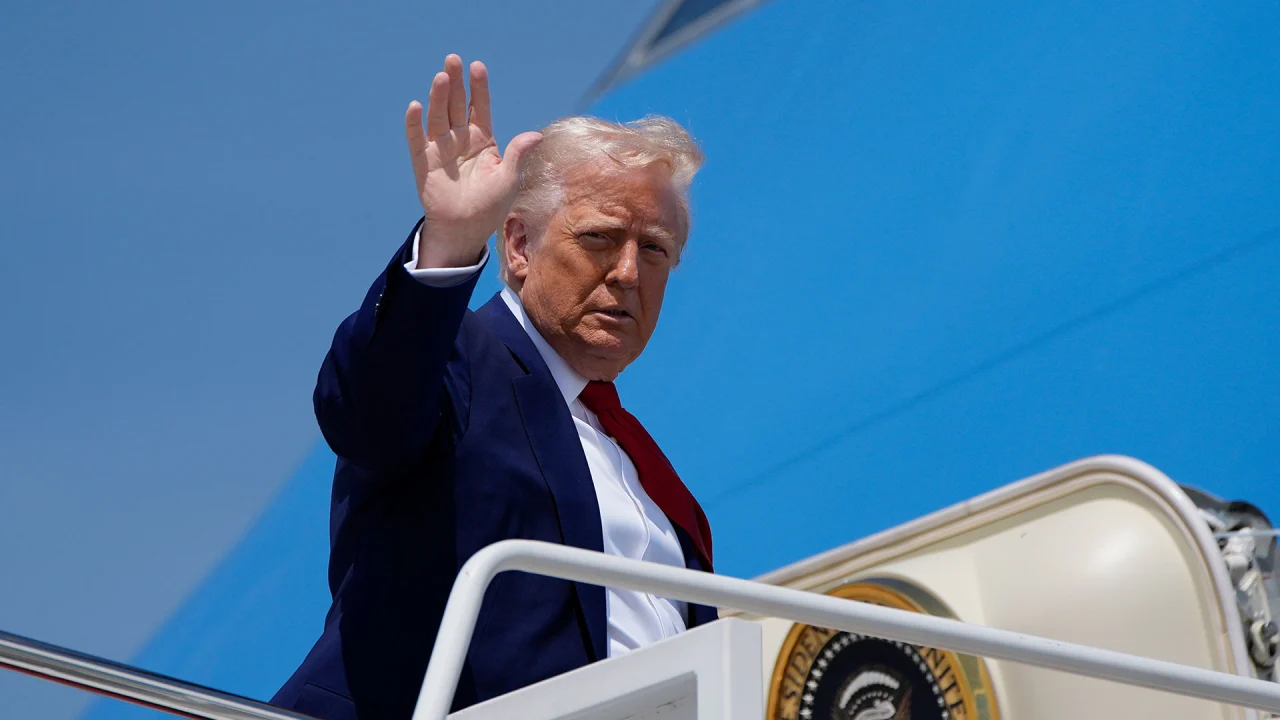

























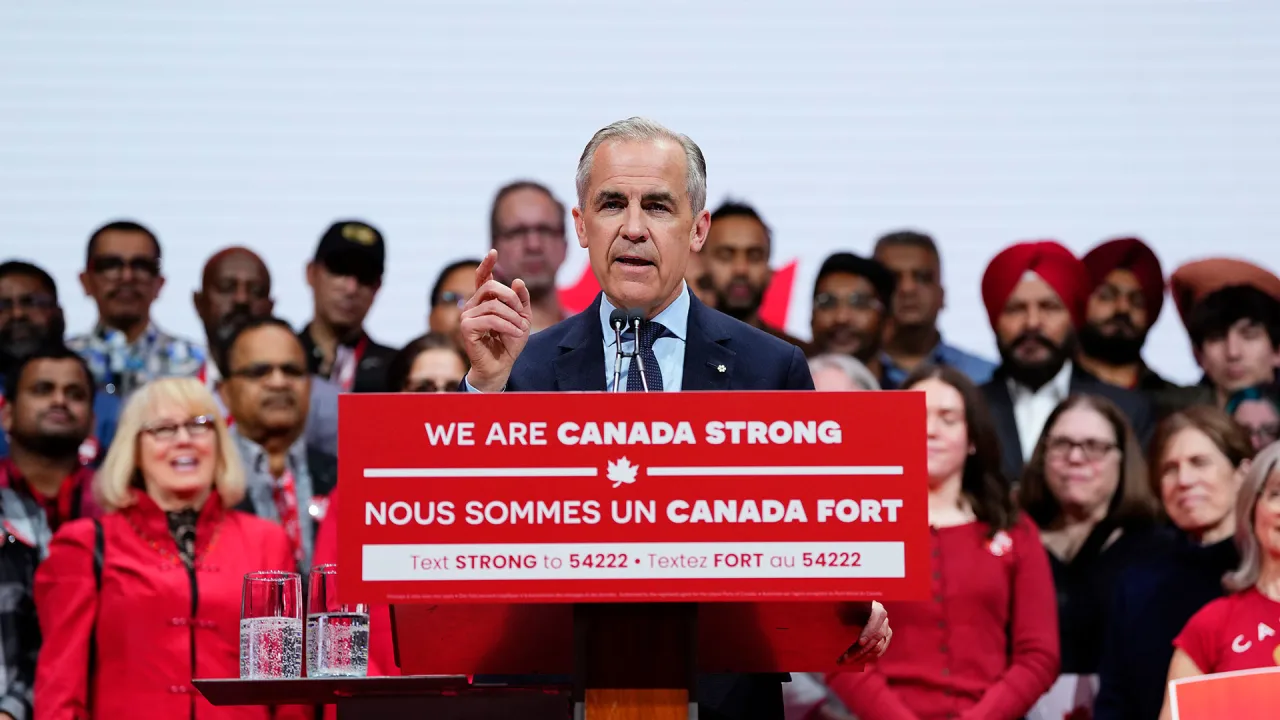




























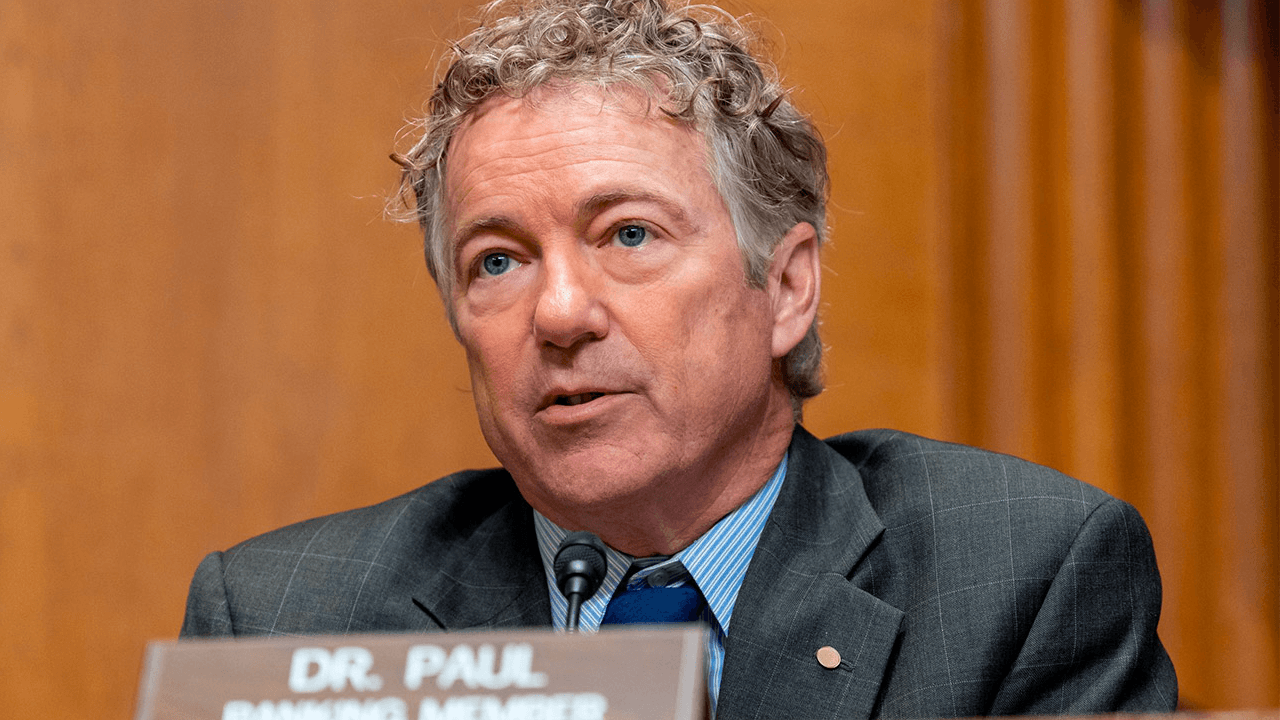







































![[Free Webinar] Guide to Securing Your Entire Identity Lifecycle Against AI-Powered Threats](https://blogger.googleusercontent.com/img/b/R29vZ2xl/AVvXsEjqbZf4bsDp6ei3fmQ8swm7GB5XoRrhZSFE7ZNhRLFO49KlmdgpIDCZWMSv7rydpEShIrNb9crnH5p6mFZbURzO5HC9I4RlzJazBBw5aHOTmI38sqiZIWPldRqut4bTgegipjOk5VgktVOwCKF_ncLeBX-pMTO_GMVMfbzZbf8eAj21V04y_NiOaSApGkM/s1600/webinar-play.jpg?#)












































